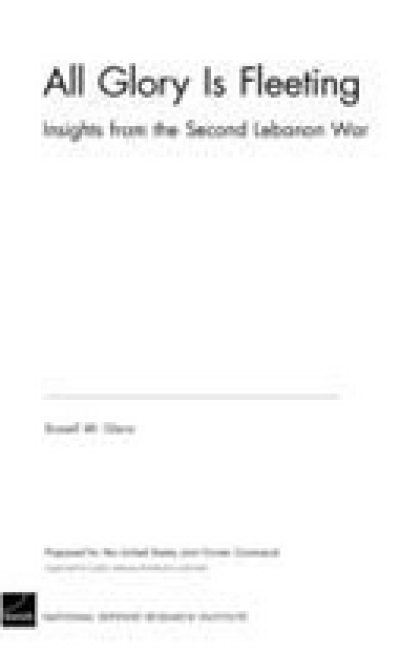Year
2019
Publisher
Brill
Type
BOOK
Category
History
Language
English
Pages
594
ISBN
978-9-00438-635-8
Last Update
06-Nov-2024
Keywords
History ; Asian Studies ; Middle East Studies
Related
See More
The Environment in Global Sustainability Governance

All Glory Is Fleeting, Insights from the Second Lebanon War, Insights from the Second Lebanon War

Desarrollo sustentable y cambio global

Education for Democratic Intercultural Citizenship

Capitalism Reconnected, Toward a Sustainable; Inclusive and Innovative Market Economy in Europe

Familia y vida privada en la historia de Iberoamérica